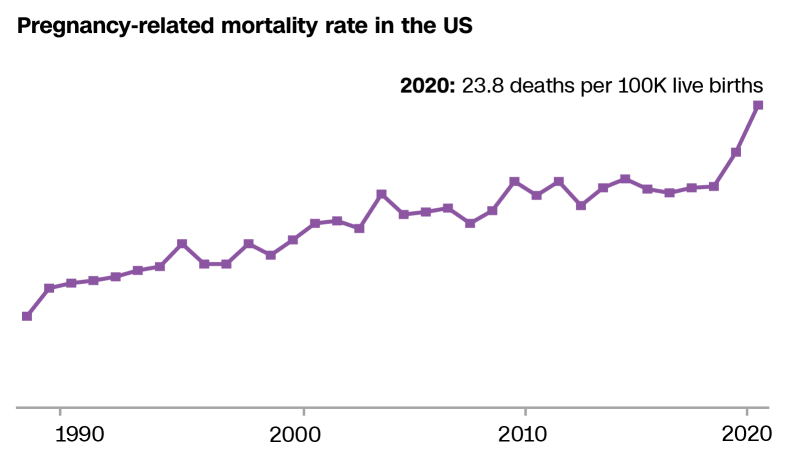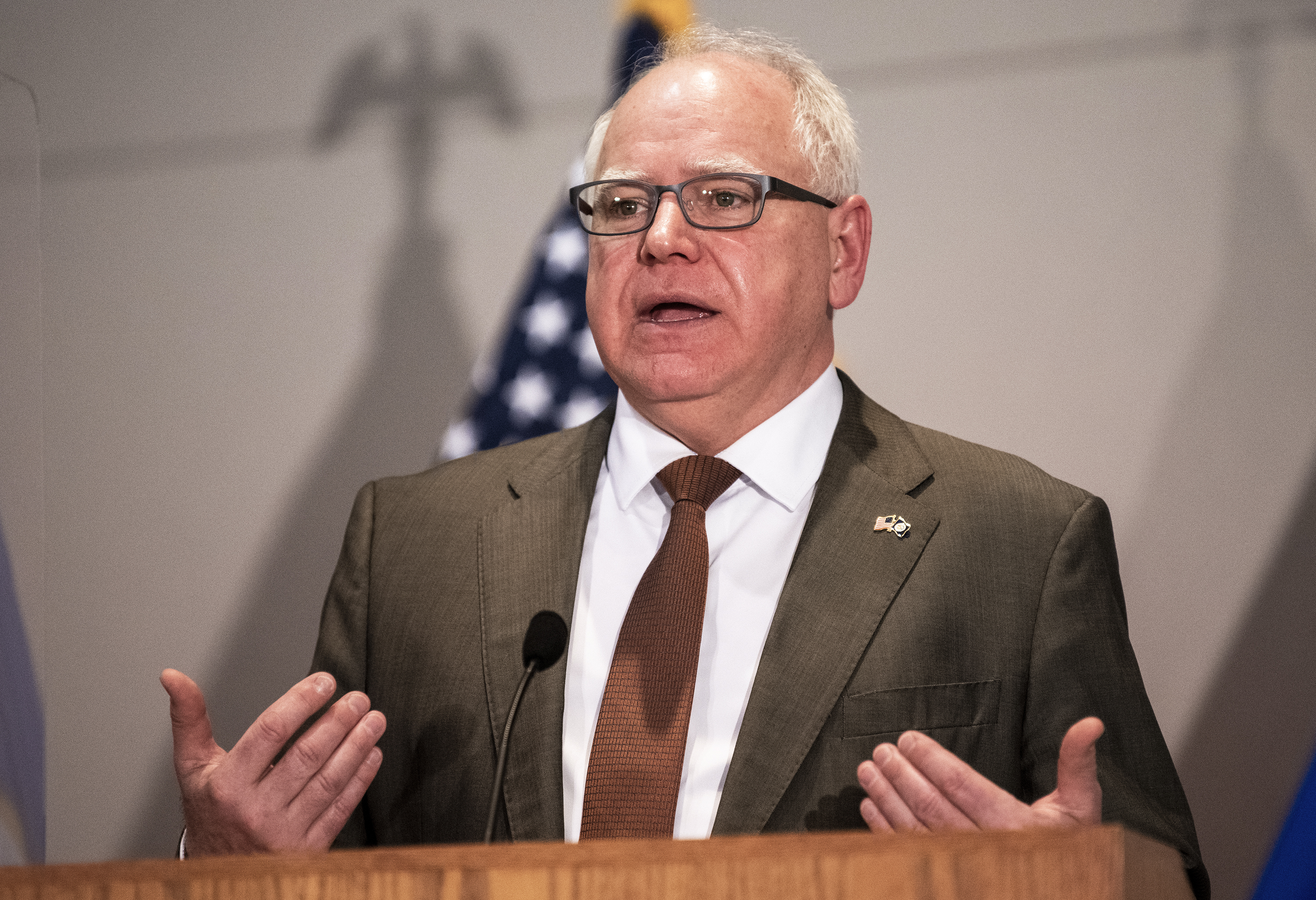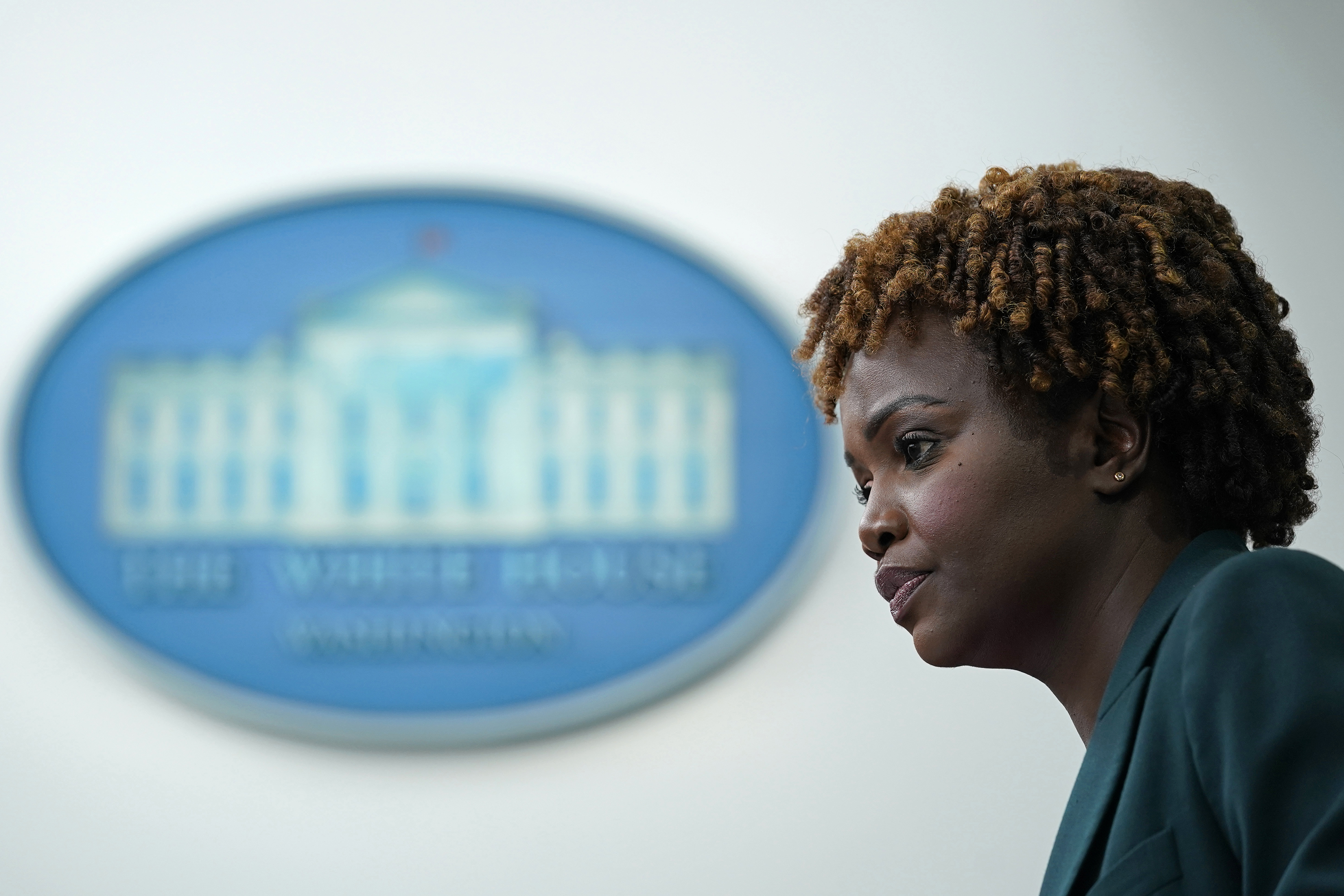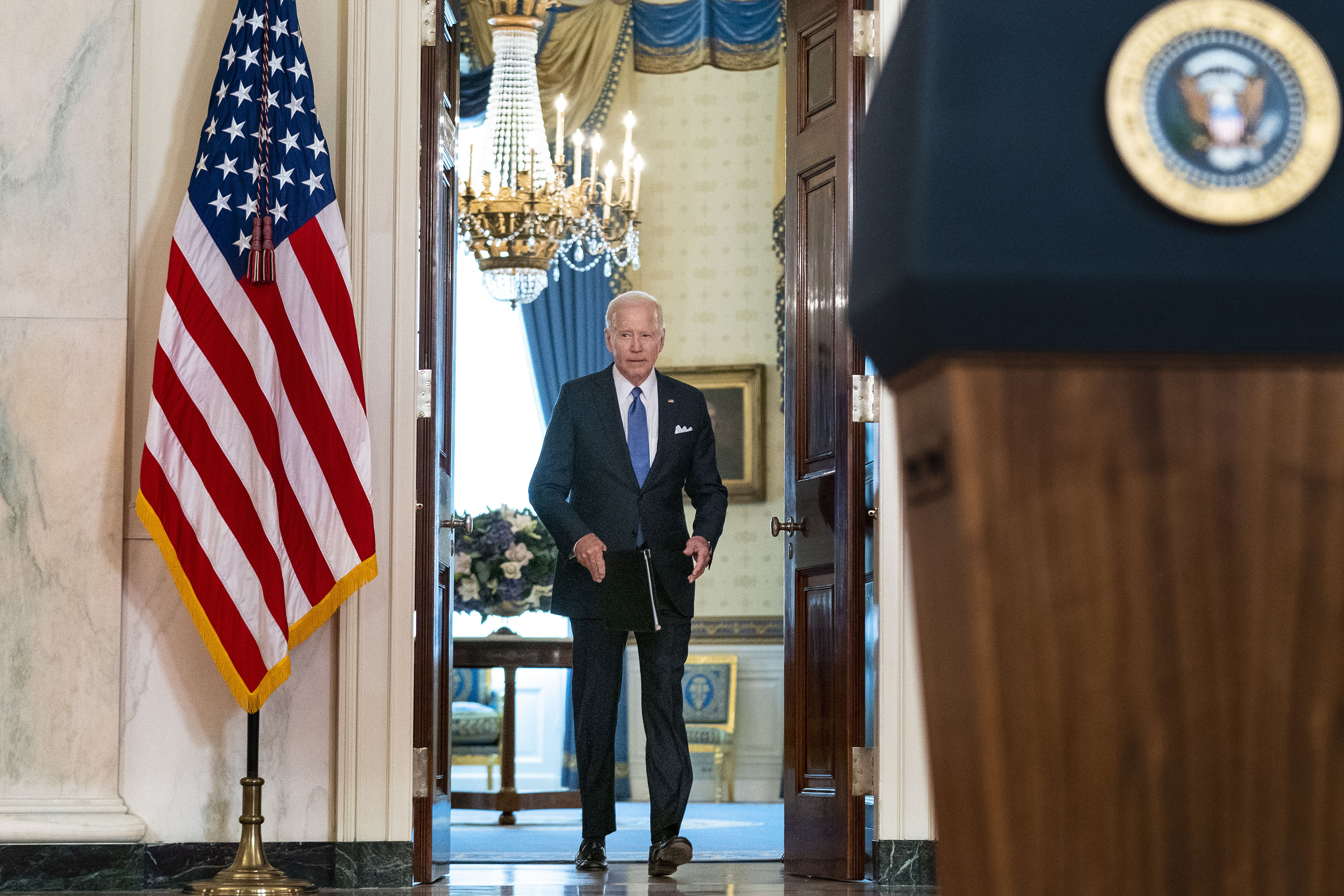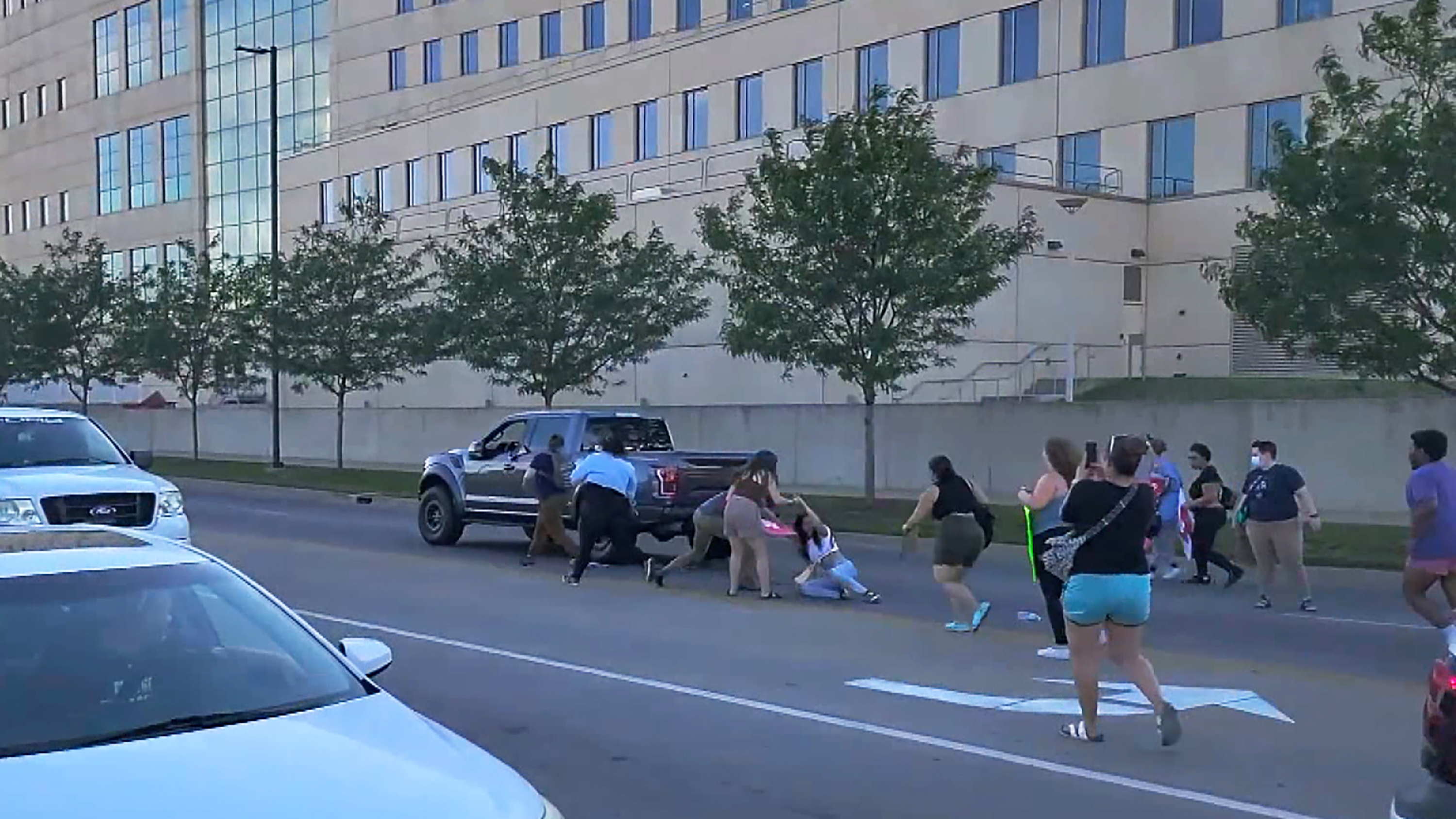During a news conference Saturday afternoon on the steps of Washington state’s capitol building, Gov. Jay Inslee vowed to make Washington a “sanctuary state” for reproductive choice for people across the country, regardless of abortion bans existing in other states.
Inslee announced an upcoming executive order that will direct state police not to comply with any possible extradition efforts from other states seeking to penalize those who travel to Washington to receive an abortion.
Inslee also called for legislation to codify the right to abortion into state law as an amendment to Washington’s constitution.
Inslee said he is promising a $1 million down payment to start subsidizing reproductive healthcare networks across the state ahead of an anticipated influx of patients.
Personnel and medical equipment will need to be “amped up,” he said, adding that he’s “relatively confident” these resources will be available.
Inslee, as well as Dr. Erin Berry, Washington’s medical director for Planned Parenthood of the Great Northwest – were questioned about how Washington’s healthcare infrastructure will withstand the strain of possible patient overload.
“We will continue to learn how to do things more efficiently and more effectively,” Berry said during the news conference.
Inslee did not specify when the executive order will be released.



